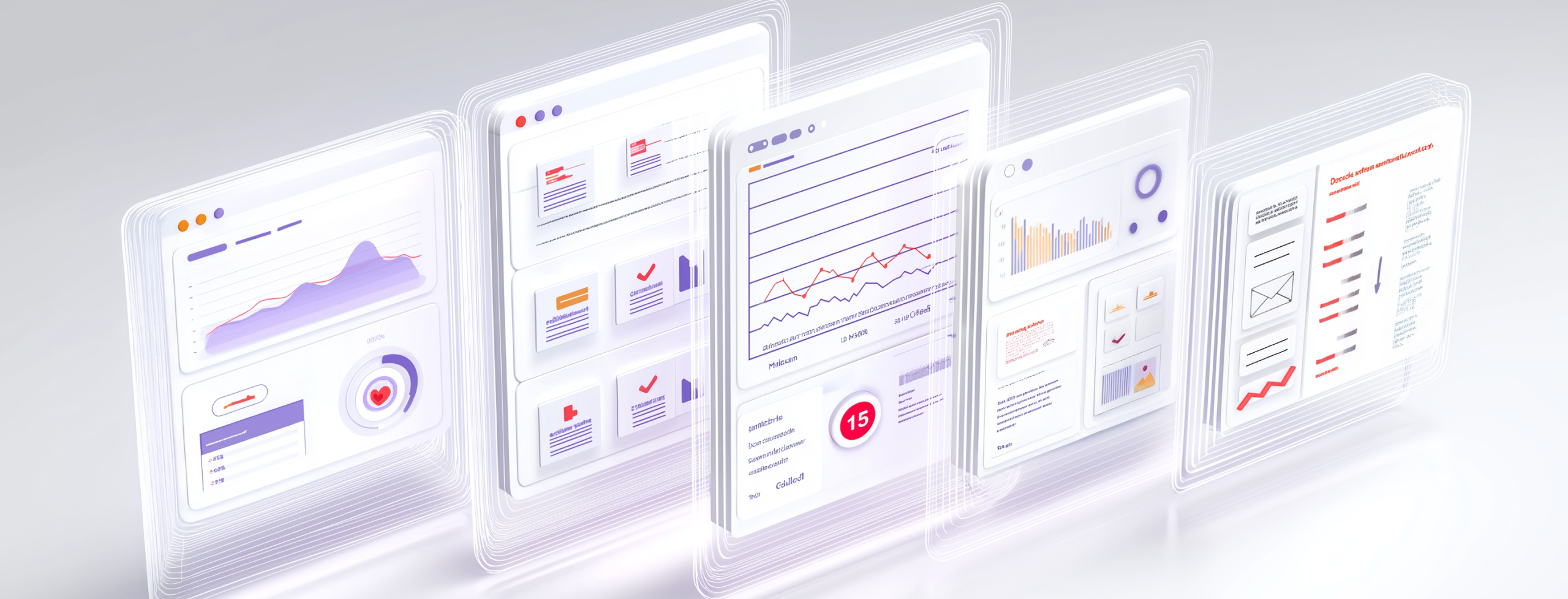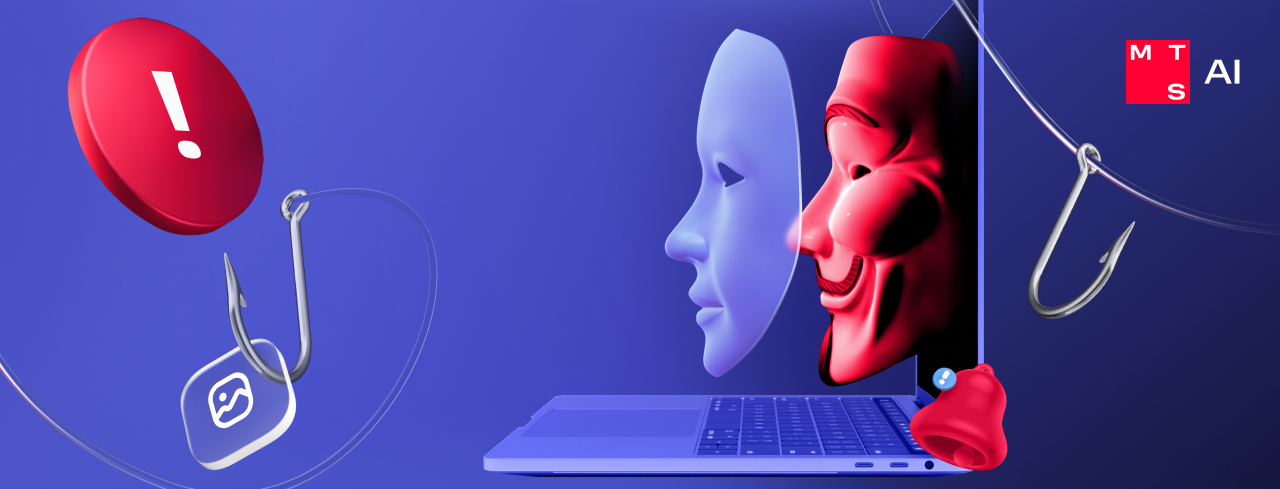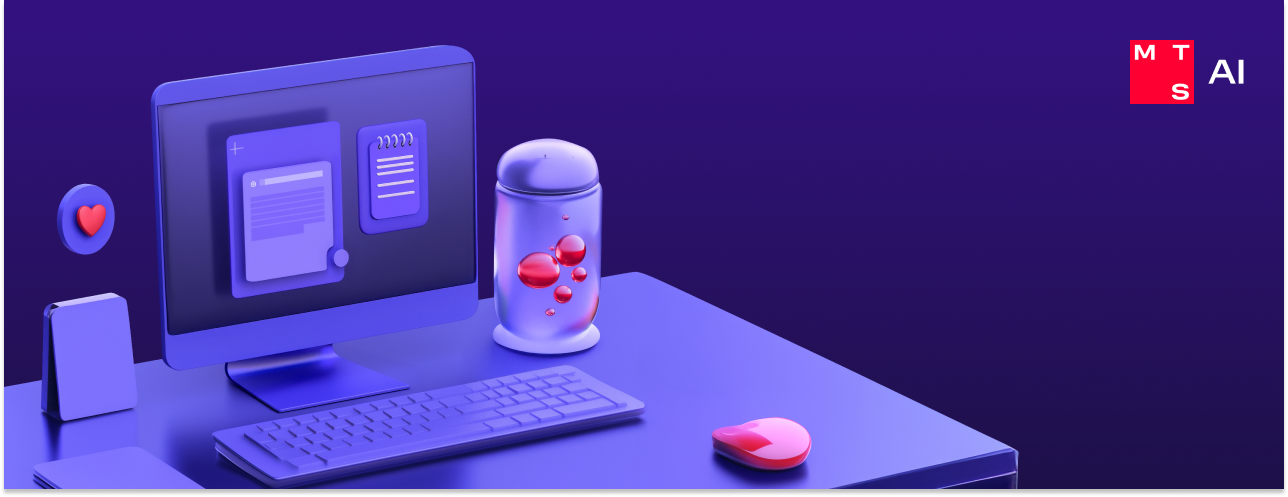#InfocusAI is back with a new serving of exciting AI-related news before the long weekend. Read on to learn about an anti-AI hallucination platform by Themis AI, a study of information compression limits, a new AI laboratory by Meta*, an action model by AIRI, and a LLM thought tracking toolset by Anthropic.
AI-focused digest – News from the AI world
Issue 66, May 29 – June 11, 2025
Start-up by MIT researchers trains models to look for errors in their replies
The Themis AI start-up founded by MIT researchers has developed a new tool for combating AI hallucinations: the Capsa platform. Its purpose is to help models ‘understand that they don’t understand everything’, according to MIT News. This means detecting knowledge gaps and correcting unreliable output data. The article is not entirely clear on the platform’s operational principles, though. It only states that the system modifies models to enable them to detect data processing patterns that signal ambiguity, incompleteness or bias. We are waiting for some details.
Anthropic opened access to LLM ‘thought tracking’ tools
To continue with the subject of analyzing LLM ‘thought process’, Anthropic recently opened a toolset that makes it possible to recreate their earlier announced methodology for tracking the large language models’ decision-making process to a wide professional and research community. Their approach involves creating attribution graphs that partially reveal the internal steps a model takes to come to any given conclusion. The company shared an open-source tool library for creating attribution graphs for popular open-weight models; an interface they published on Neuronpedia makes it possible to interactively study those graphs. See details and all links here.
Researchers found language models’ information compression limits
Scientists from AIRI, MIPT and the London Institute for Mathematical Sciences studied compression limits of modern LLMs, i.e., the amount of information they can effectively store and process internally, CNews reports. Their research confirmed that 1,500 tokens’ worth of text can be compressed into a single vector. Therefore, a book like ‘The Hobbit, or There and Back Again’ which is 120,000 tokens long can be presented as 100-200 vectors, depending on the model’s size. The maximum achievable lossless compression ratio is generally no more than x10, but as this research shows, there are vectors with up to x1,500 compression ratio. You can read it all in the science language here.
Russian scientists presented new Vintix action model
Another piece of news from Russian developers: the AIRI Institute offered open access to the Vintix action model, according to Forbes. This is the type of AI model that makes decisions on taking action based on data they receive from the environment. They can be used in robotics and industrial process management. The article says Vintrix can analyze three times as much data as its competitors like JAT by Hugging Face or GATO by Google DeepMind. The model is capable of self-correction and self-improvement, its architecture is resistant to noise and partial environment observability, making it relevant for industrial use.
Meta* to open new AI lab
The Meta company (designated as extremist and banned in Russia) is soon going to launch a new research lab that would work on creating a super-intelligence: an AI system that exceeds human capabilities, The New York Times reports. The paper adds that Alexandr Wang, the founder of Scale AI, will be joining the lab. The lab is part of the Meta* effort to reorganize its AI branch that has been facing lots of internal and external challenges recently.
*The Meta company is designated as extremist and banned in Russia.












